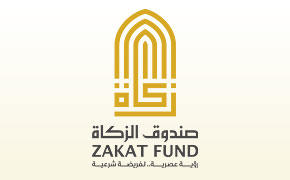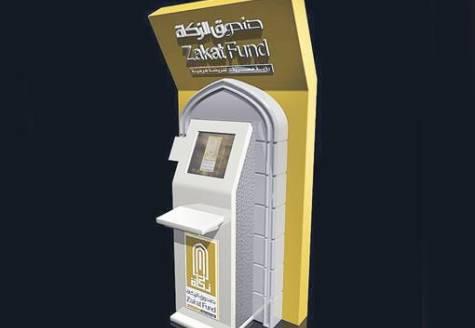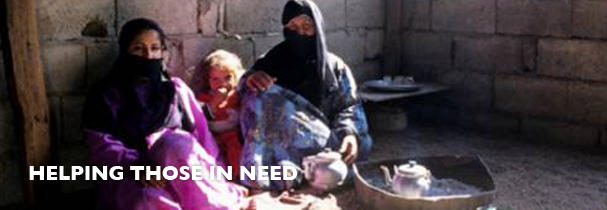Zakat is among the key pillars of Islam. It requires all Muslims to contribute some portions of their wealth, either in cash or in kind, to needy persons. As a result, the government and other several stakeholders have embarked on offering simple methods for many Muslims to pay their Zakat. Specifically, Muslims can contribute from their homes, offices, bank ATMs, or anywhere they are in the world. The system allows even farmers to contribute with their date harvests. This essay monitors the growth, contribution, and disbursement of Zakat Fund.

Zakat Fund is an autonomous federal agency that spearheads and centralizes collection and payout of Zakat throughout the UAE. In order to achieve its mission of fostering the role of Zakat among Muslims, Zakat Fund has developed an online platform, which allows users to calculate and remit payment too. Moreover, the online platform also has a dedicated Zakat Fatwa to assist users with all questions related to Zakat. The online payment option is also available to donors globally. Users can also use their mobile phones to contribute to the Fund or they can make direct deposits into the Fund’s bank accounts with different Muslim financial institutions. Zakat Fund has embraced social media for communication as it has both Facebook and Twitter accounts for users (@zakatuae).

Zakat Fund is a social welfare fund. As a result, the fund assists needy people in the society. In 2013, Zakat Fund spent over “Dh 24 million to assist 10,000 needy people in the UAE within two months” (Salem, 2013). In the month of July and August, Zakat Fund officials offered financial help to students, the sick, and other people in debt or with meager earnings among other deprived members of the society. On the same note, Zakat Fund, “Abu Dhabi University, and Abu Dhabi Islamic Bank started a fund-raising project to raise money for 300 needy students” (Swan, 2013). ADCB Islamic Bank has taken this opportunity to extend its corporate social responsibility by providing an online channel for customers to contribute toward their Zakat and support other charity organizations. The bank has launched this program by collaborating with the Zakat Fund.

Zakat Fund introduced several innovative ways of collecting Zakat. As a result, revenues from Zakat have increased significantly. For instance, by August 2012, Zakat Fund had collected Dh 75.83 million. This represented an increment of six percent relative to a similar period in the previous year. Fund officials have attributed such growth to extended supports from Islamic leaders, rulers, ministers, the UAE Armed Forces, and donors. Zakat Fund also embarked on public education regarding its aim. It distributed 20,000 brochures, sent 16,000 text messages, and used radio advertisement to reach older generation. As a result, the number of people who contributed through Zakat Fund increased. Fund officials also note that payment options are credible, which has led to several contributions.
These efforts have resulted in increased collection of Zakat. Consequently, the numbers of needy people and beneficiaries have also increased. However, Zakat Fund officials must evaluate all cases of potential beneficiaries to ensure that they are genuine. The essay has evaluated Zakat Fund and noted that the organization has grown in terms of revenue collection and disbursement. This has happened due to efforts, which focused on creating awareness about the Fund, educating people, collaborating with donors and Muslims globally, and getting support from leaders. The ease of payment and credibility of payment options have also facilitated contribution to Zakat Fund.
References
Salem, O. (2013). 10,000 benefit in the UAE from Dh24m Zakat Fund payouts. Web.
Swan, M. (2013). Dh15 million Zakat Fund campaign to support 300 needy students. Web.